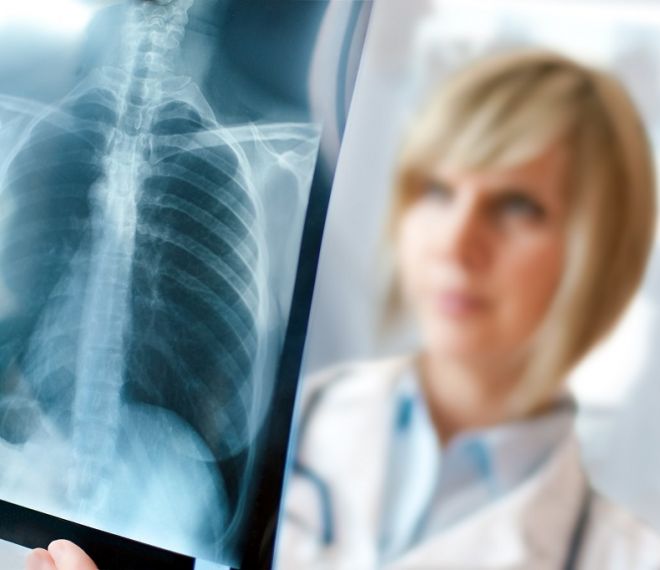If you haven't managed to quit, at least this should be done

How much does he smoke?
According to experts, 10, so-called "package years", is considered a quantity that justifies us to undergo regular medical examinations. This is calculated using one pack of cigarettes a day, so 20 cigarettes a day for 10 years is enough to justify getting yourself checked. Following this line of thought, if someone smokes 2 packs a day, they should consult a specialist after 5 years - emphasizes Dr. Anna Ungár.
What can happen to smokers?
The two most common lung diseases that threaten smokers are lung cancer and COPD. Our country ranks first in the countries of the world in terms of the frequency of lung cancer, and lung cancer is responsible for nearly a third of deaths caused by cancer. The other most common chronic disease among smokers is COPD, which is associated with a chronic cough and dyspnea on exertion. In addition, of course, it must be borne in mind that the risk of developing cardiovascular diseases increases as a result of smoking.
The main symptoms of COPD are increasing shortness of breath and chronic cough, as a result of the gradual narrowing of the airways in the lungs and the destruction of lung tissue. COPD is a disease that develops extremely slowly and insidiously, the recognition of which is made difficult by the fact that smokers often explain the suffocation during exertion by their age or weight gain. It is important to consult a specialist as soon as possible, because if this serious disease is allowed to develop, it cannot be reversed. With early detection, however, the worsening of the disease can be prevented, and we can prevent the patient's condition from worsening to severe respiratory disability. The level of respiratory impairment can be measured with a simple test, a spirometer (respiratory function device), which takes 1-2 minutes and does not cause discomfort for the patient. At the Duna Medical Center, if necessary, plethysmography can also be performed, which is suitable for even more precise measurement of the damage caused by COPD.
Why is lung cancer so difficult to recognize?
Partly because it does not cause complaints in the initial stages. In many cases, the disease only shows itself when it reaches the pleura, and then it already causes pain. At this stage, however, there is usually no chance of performing a definitive healing operation. If the tumor grows near a bronchus and breaks into the bronchus, it can cause persistent coughing and spitting up blood. Patients usually consult a doctor only then. It is important to keep in mind that lung cancer diagnosed in asymptomatic patients can be operated on in many cases. Today, an X-ray technique is available that can detect incipient cancer with great certainty, and thus can be operated on. A chest CT scan with a low dose of radiation is available in Hungary today, and the majority of lung cancers screened with this method can be operated on!
Dr. Anna Ungár warns that quitting alone does not eliminate it, it only reduces the risk of developing lung cancer. The most at risk are smokers older than fifty and former smokers.
